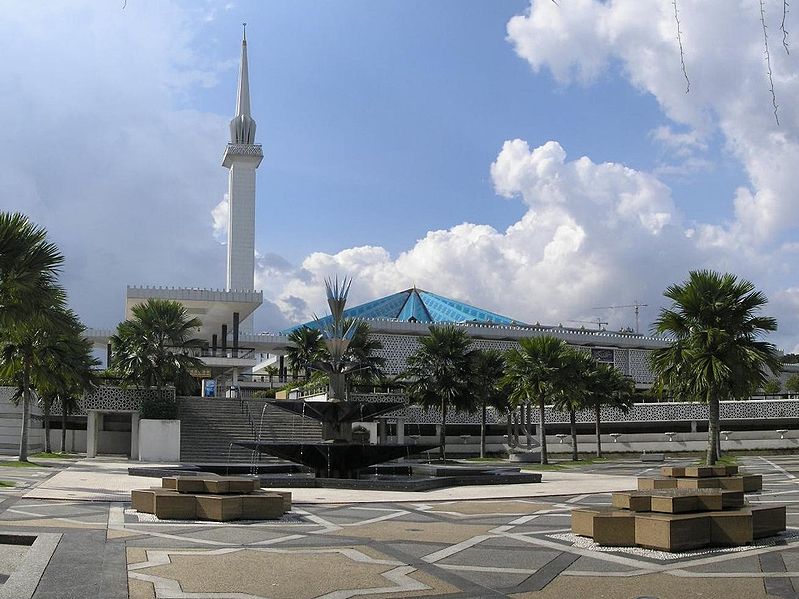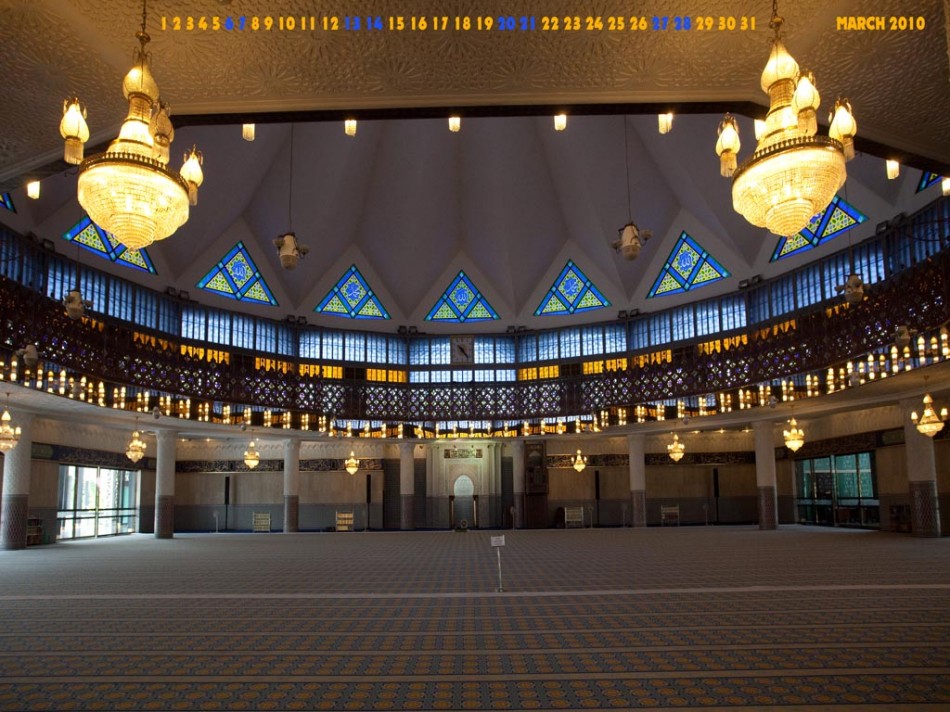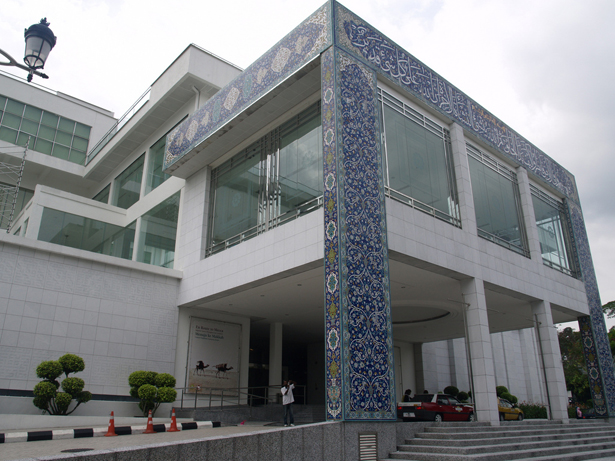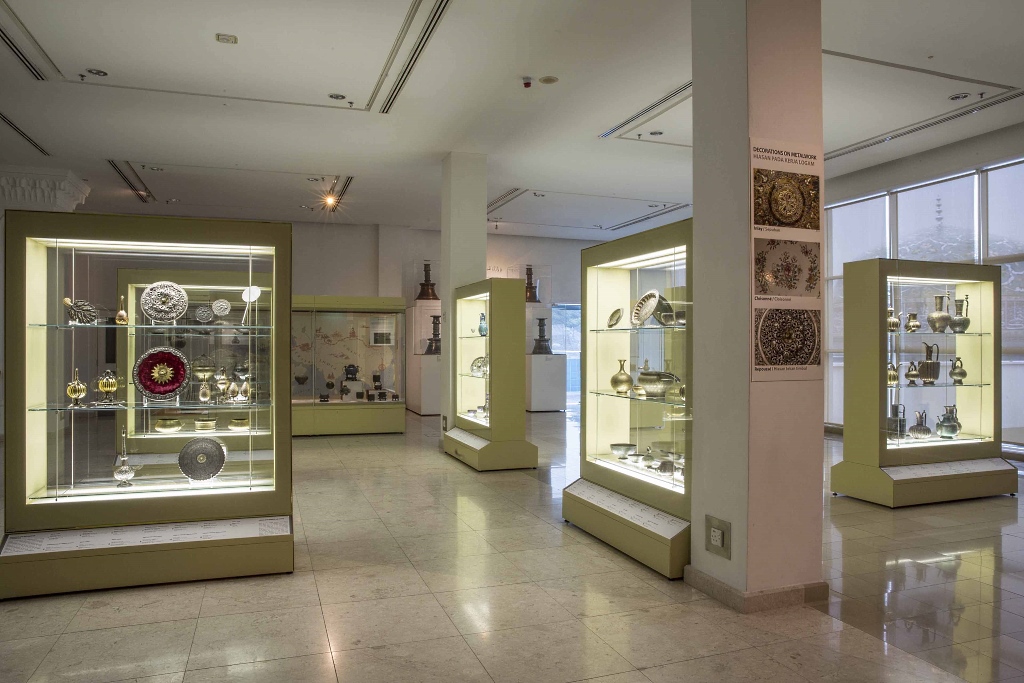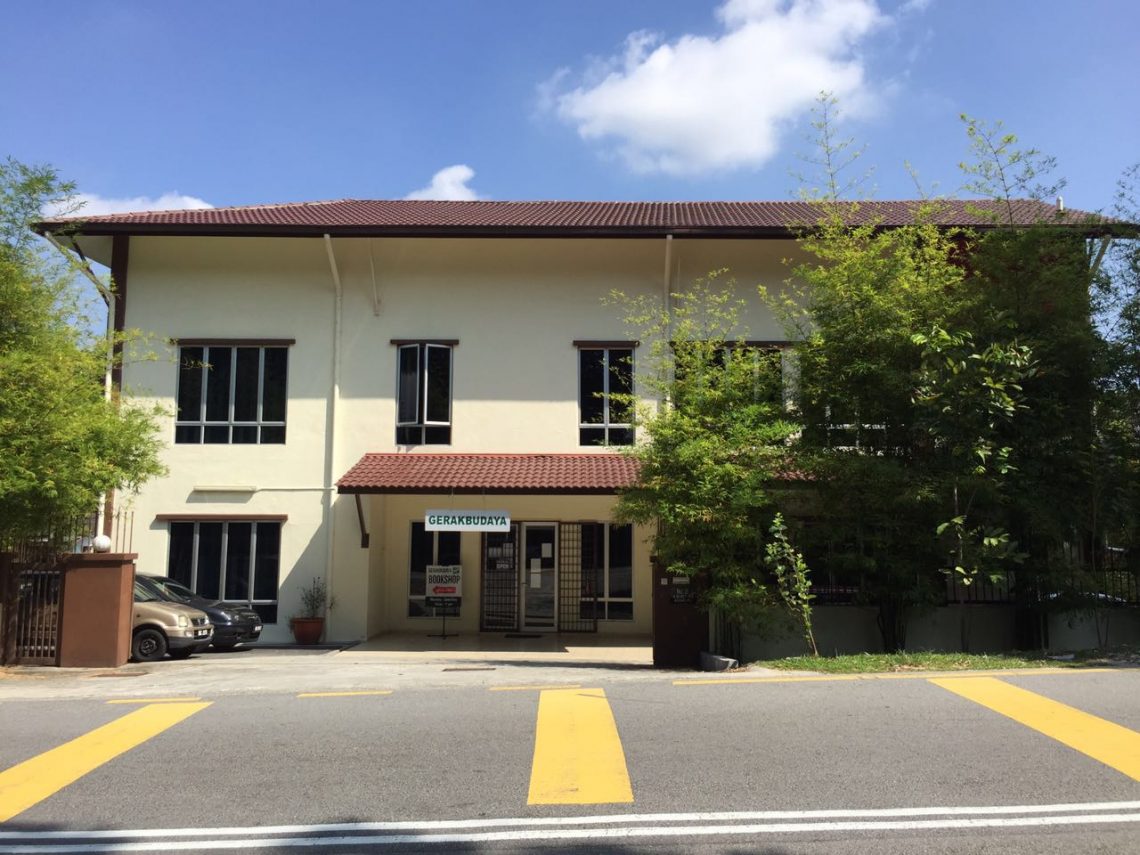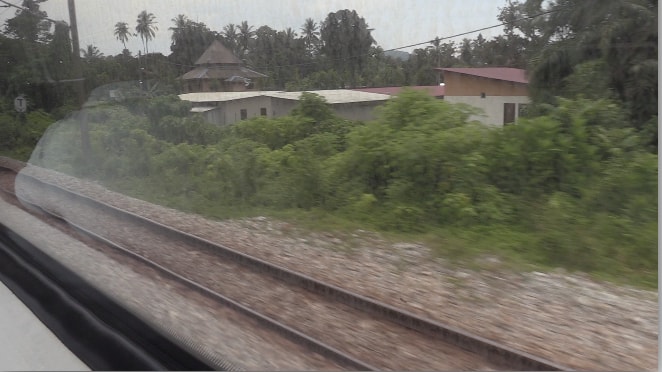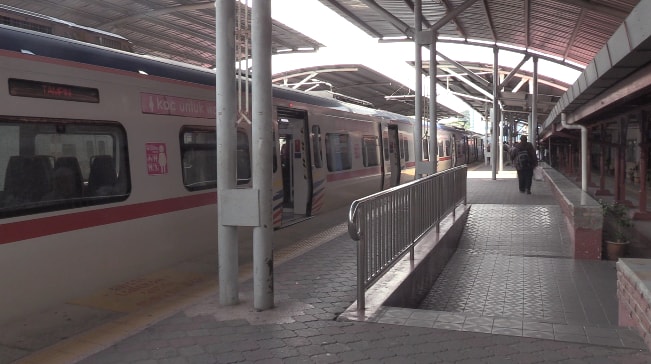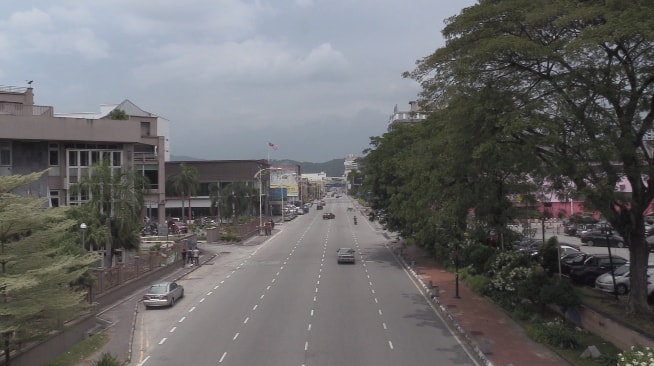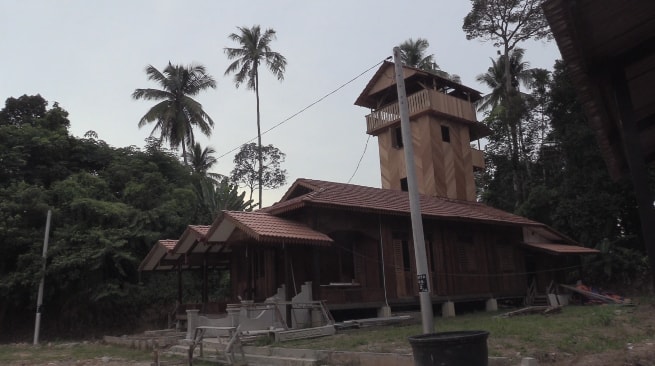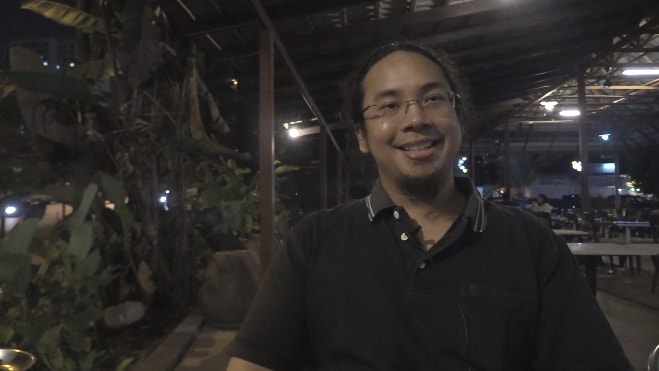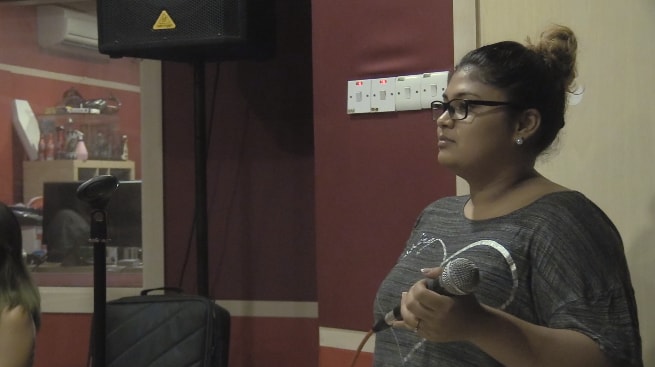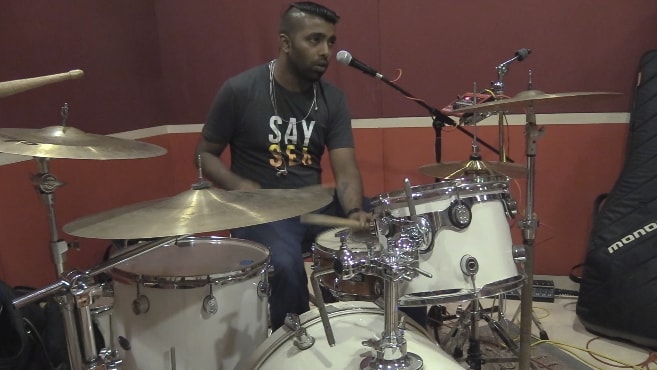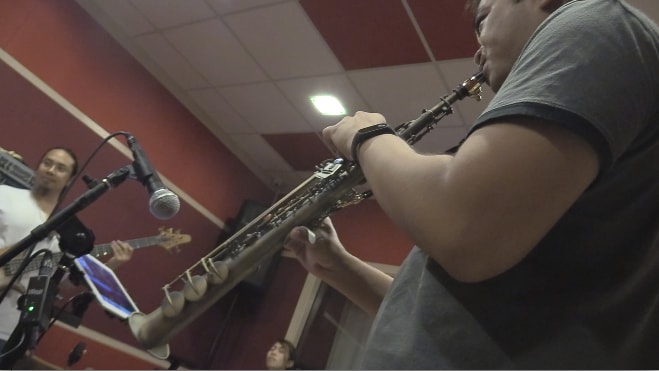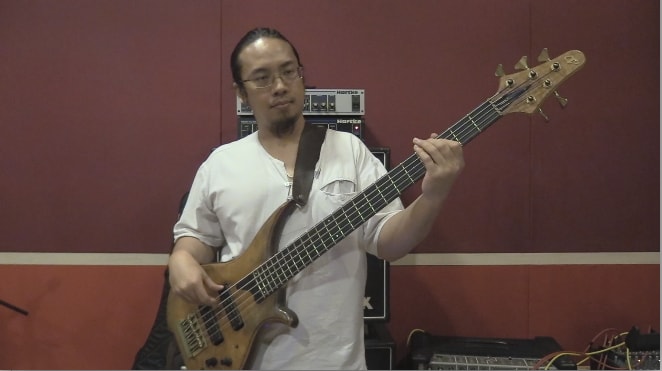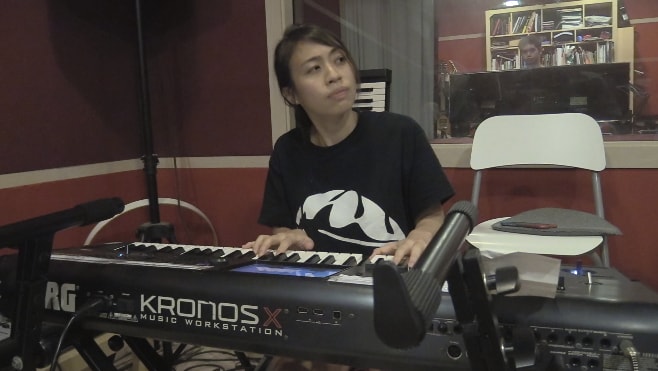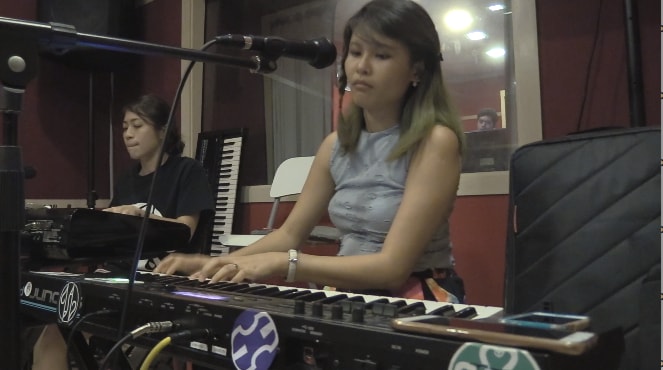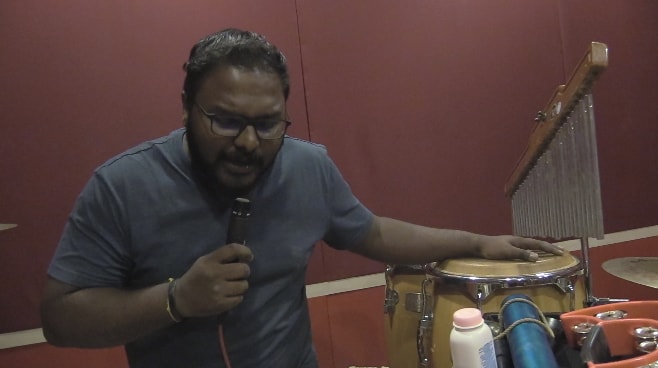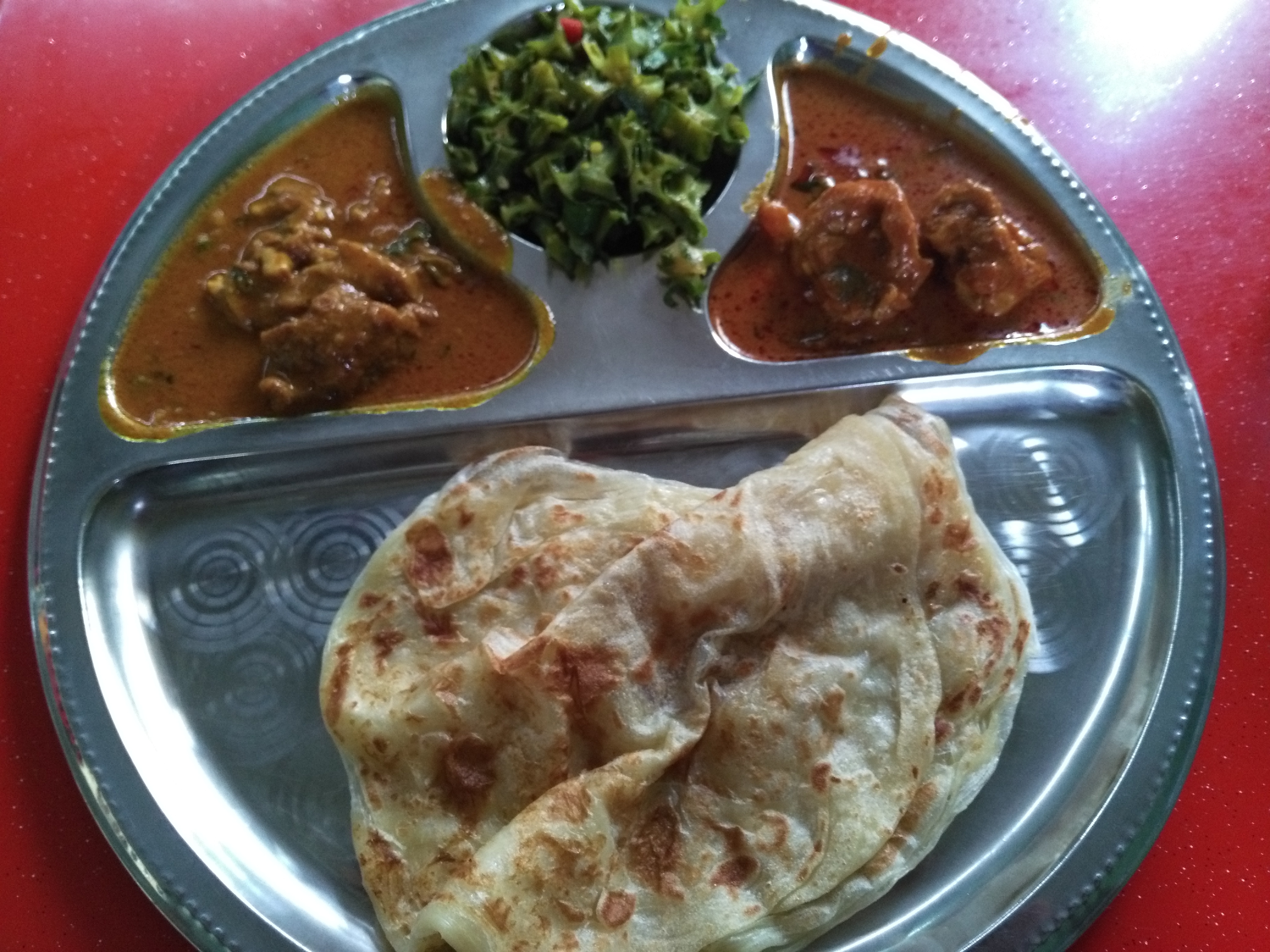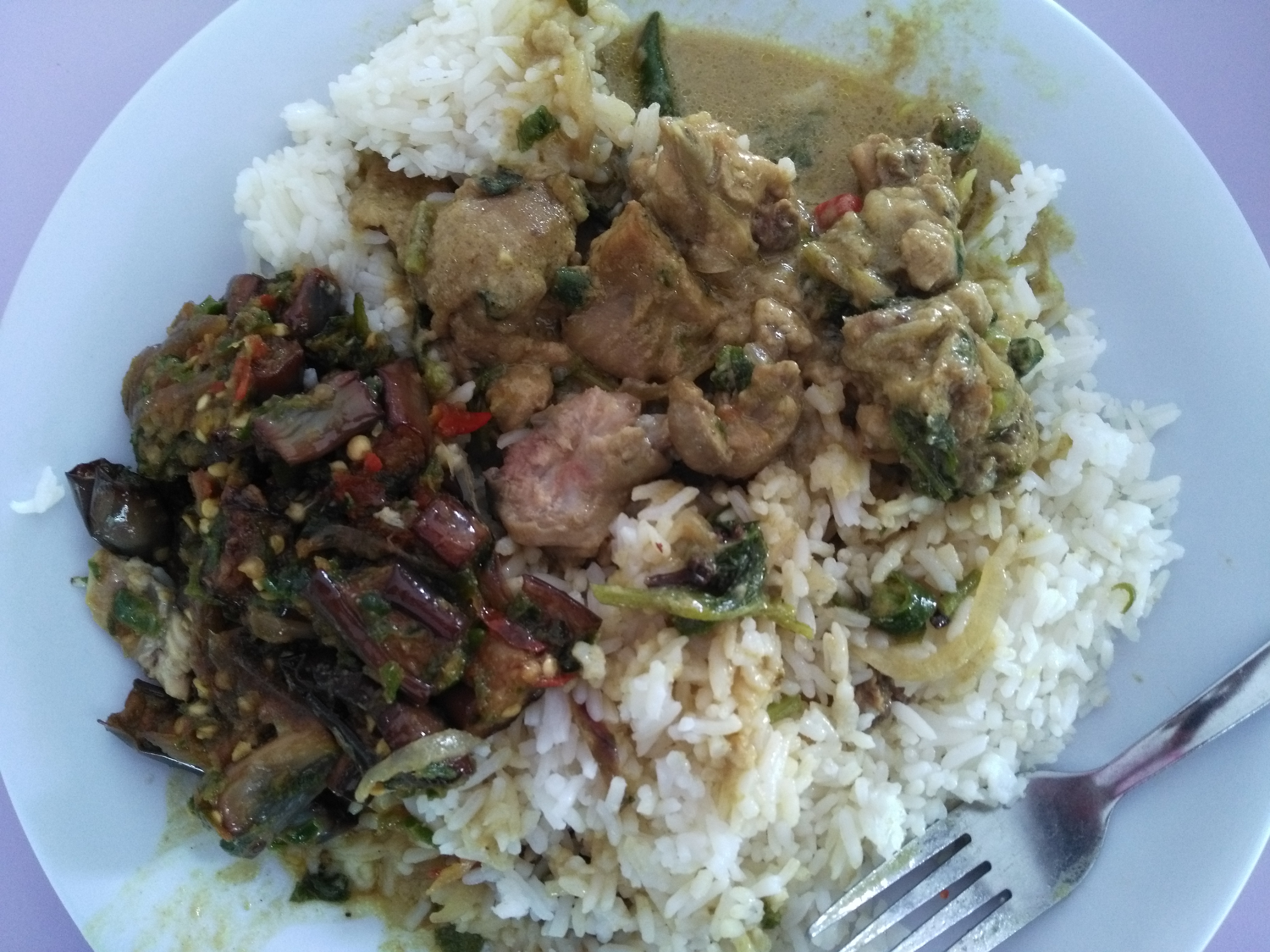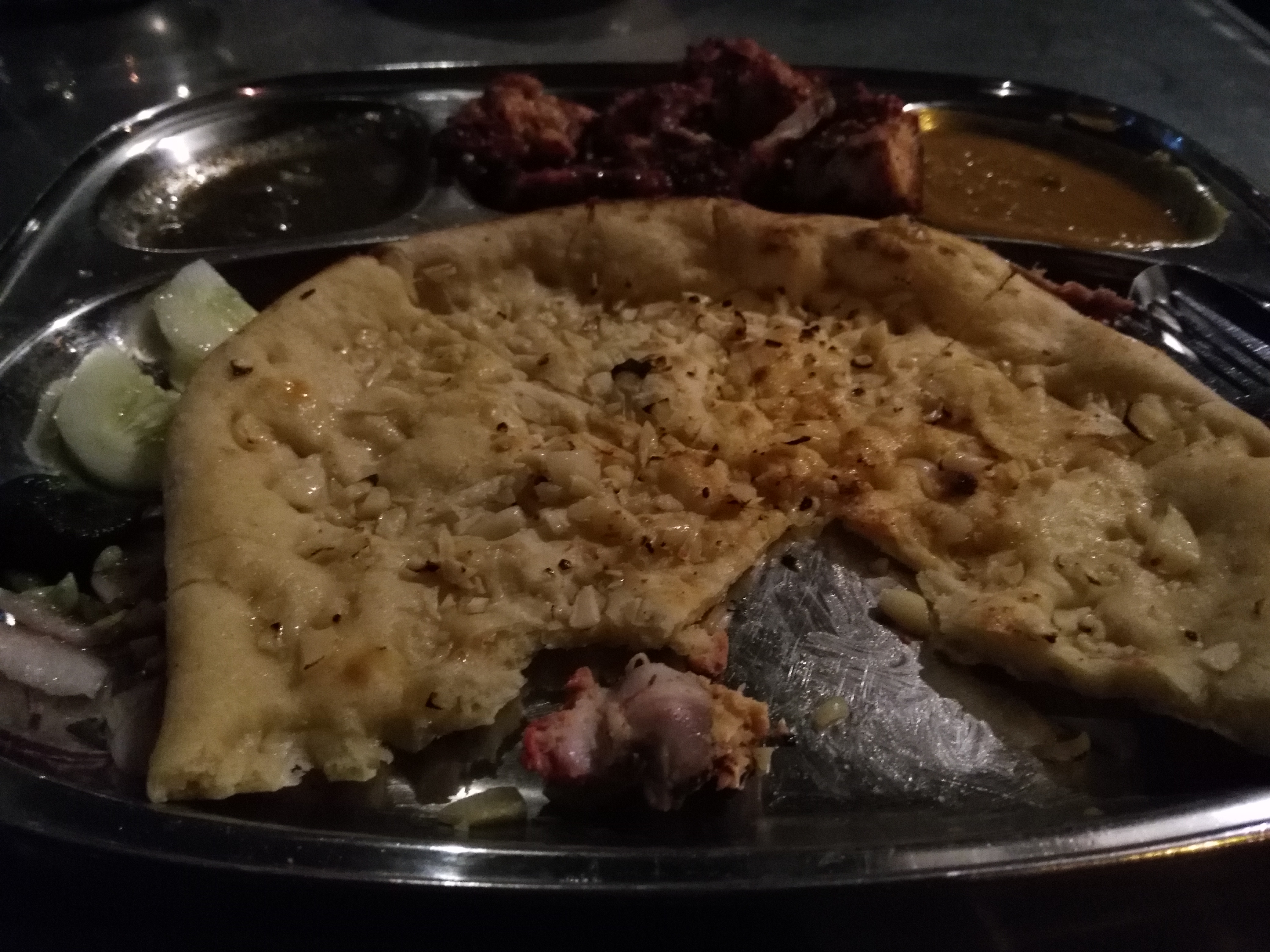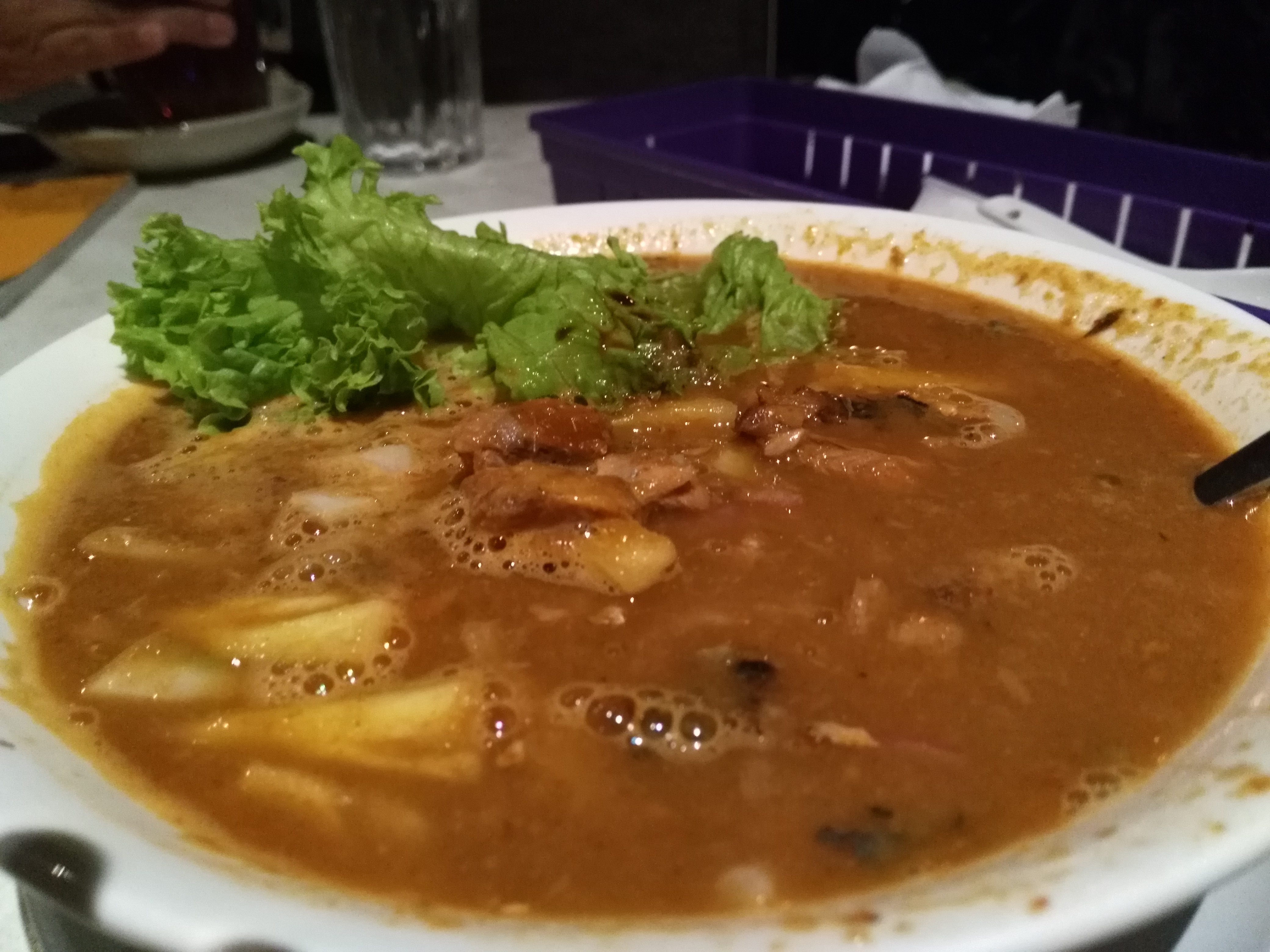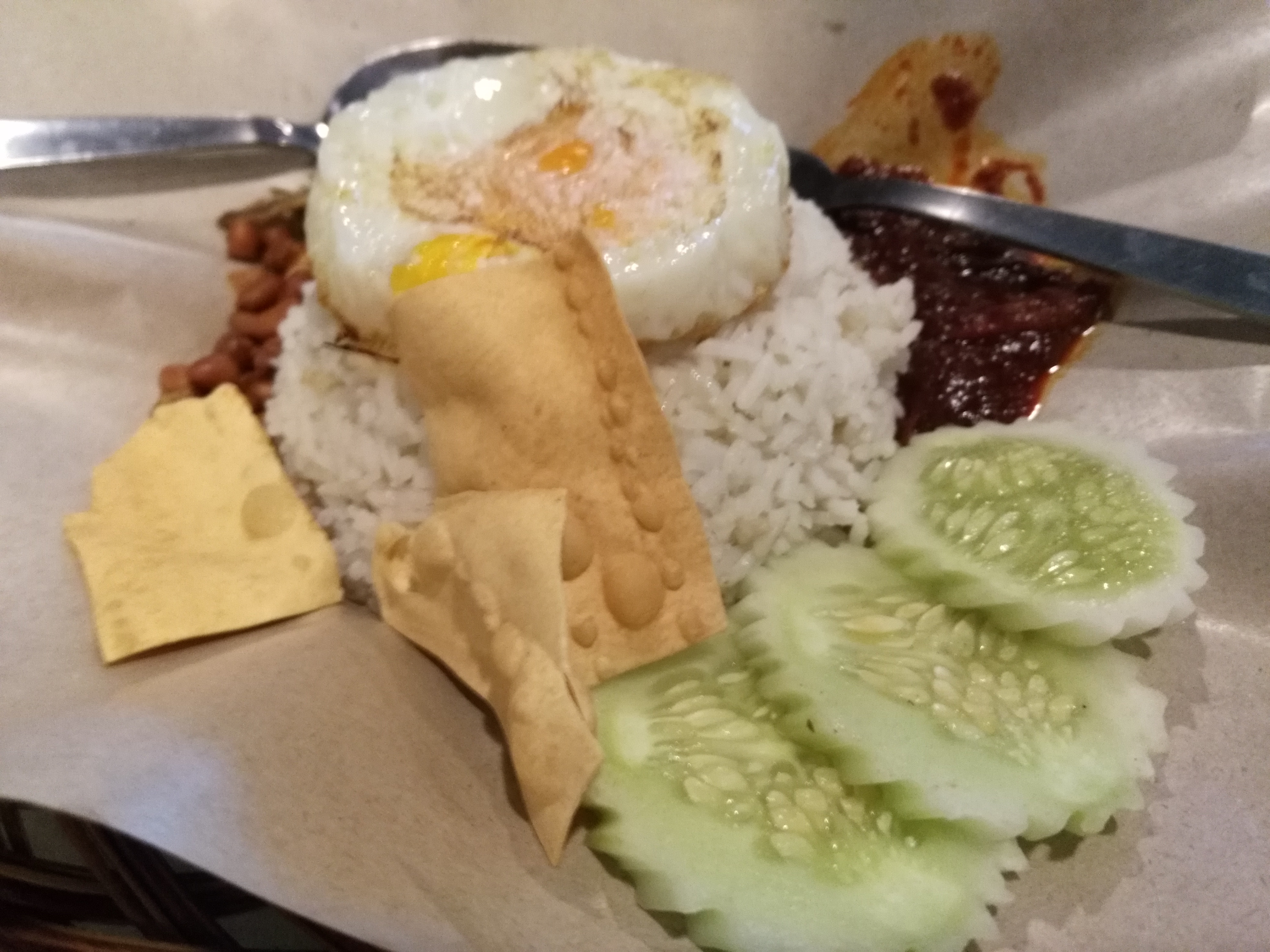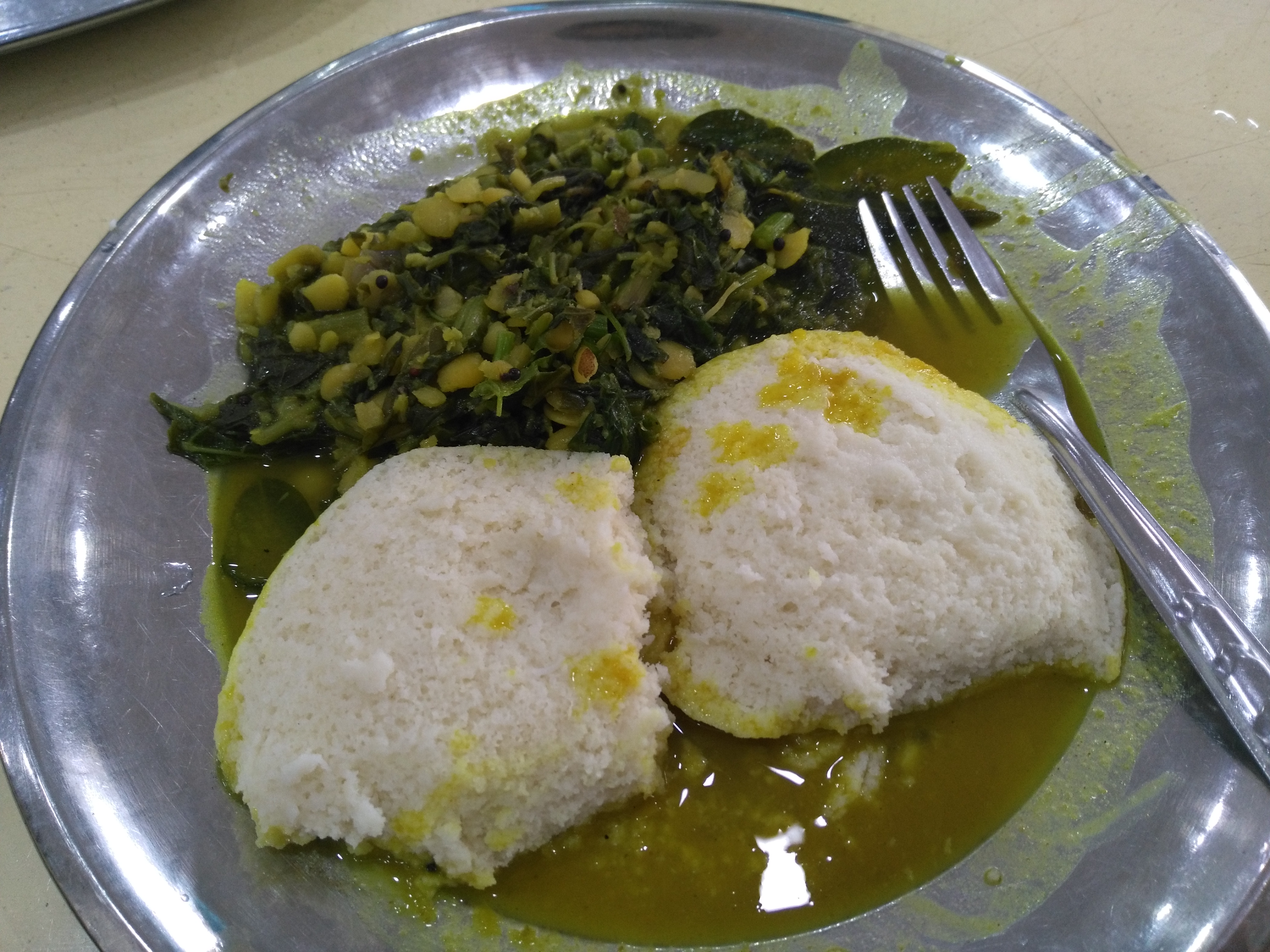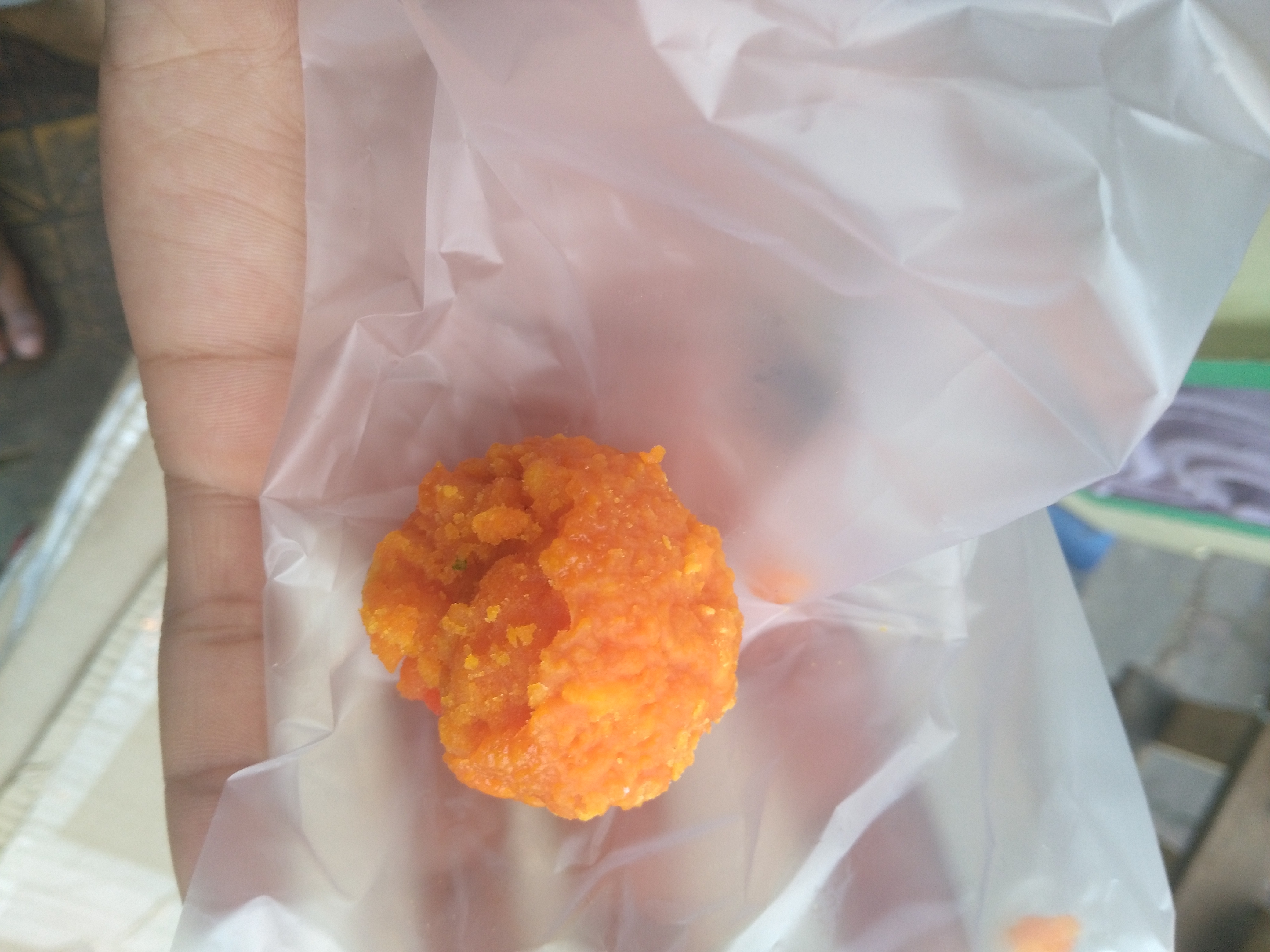From Indonesia to Malaysia
29 Oct 2017
Reading time ~18 minutes
That’s it for Indonesia folks. Having spent 2.5 months in the archipelago nation has undoubtedly modified the very core of my existence in a number of ways which I can’t and won’t describe in detail at all right now. My debut appearance in Malaysia kicked off with me obliterating my backup phone in the washing machine (an iPhone 4 or something ancient like that). The extra annoying thing about this was the fact that I distinctly remember thinking I didn’t need to check the pockets of my pants that I’d left them in, because I was convinced that there couldn’t possibly be anything in them. Lesson learned. Thankfully, I still have my android phone which is alive and well. Who likes Apple anway…
On a more serious note though, the biggest difference between my time in Indonesia and Malaysia so far has been that of language barriers. By my last week in Indonesia, I was pleasantly surprised at how good I’d gotten at faking my language proficiency in Indonesian with native Indonesians. Before making my way out to Malaysia, I was good enough at Indonesian to be funny among a group of Indonesian college students and good enough to describe the basics of my project research and goals to Indonesian lecturers and professors at ISI Padang Panjang entirely in my fake Indonesian. In Malaysia, though, I’ve made zero effort to commit myself to studying Bahasa Melayu, because every single person I’ve gotten in touch with here so far speaks excellent English. Of course, this largely has to do with the fact that Malaysia was colonized by the British while Indonesia was colonized by the Dutch. On the one hand, I can simply focus on my project goals, but on the other hand, I certainly feel much more like a foreigner and American supremacist for insisting on speaking English with everyone I meet. Certainly something to continue being mindful of.
This week kicked off with me trying to get a taste of Malaysia by visiting a few of its cooler landmarks. These included the National Mosque, the Islamic Museum of the Arts, and a cool independent bookstore called “Gerakbudaya” - all highly recommended. One thing that I must mention about the National Mosque for my non-Muslim readers - you are not welcome to go inside of the main prayer auditorium, though you are allowed to tour the mosque premises, which are rather extensive. You just have to wear a super obvious white robe that advertises to the world that you are a non-Muslim tourist wishing to learn something or two about Islam before entering the premises at certain allotted hours of the day. I was conflicted about this reality when I learned about it. I will allow you all to make whatever you will of this exclusivity that exists in Muslim worship contexts such as this and that of the Hajj, or obligatory pilgrimage that all financially well-to do and able bodied Muslims ought to complete at least once in their lifetime.
A Rendezvous in Seremban
I made a brief escapade from Kuala Lumpur near the middle of this week to the town of Seremban located in the neighboring state of Negeri Sembilan. There, I visited Madrassah Ali Alayah, a pesantren or Islamic boarding school for boys and girls and young mend and women. There is no set number of years that a student is expected to spend at the Madrassah. That is, you don’t finally “graduate” from the Madrassah after completing 13 years of schooling, as is the case with general education in the United States (kindergarten to the 12th grade). Rather, students are free to board or not board at the school for as long as they or their parents wish. The madrasa boasts a humble facade and modest campus grounds featuring women’s student quarters, men’s student quarters, several administrative rooms, a pond, and fields and courts to play football (not the American kind), volleyball, and such.
I arrived at the madrasa smack dab in the middle of a dhikr (“rememberance of god” through chanting) session being led by Sheikh Aleey, a well-esteemed Islamic scholar and spiritual guide for numerous individuals particularly in the UK and throughout Southeast Asia. For the first time, I witnessed a dhikr inside a pesantren or madrasa. The other handful of times I had been on Islamic boarding school grounds were in Indonesia during breaks, recesses, or general prayer times. Once again, the stereotypes that I’d given into from the media on Islamic boarding schools were challenged as I saw young kins and young adults alike synchronizing their breathing patterns to chant powerful phrases such as “lā ʾilāha ʾillā llāh” (There is no god but God/Allah). The students were not disciplined through the use of intimidation or worse, physical abuse, to maintain their focus on the divine task at hand. People got up and sat down whenever they pleased. Many of the younger ones were rather distracted by faces made at each other, lasers pointed at one another, and general sleepiness. In some of the interviews I’ve done with informants who are or have attended Islamic boarding schools, I’ve heard of music being entirely prohibited as well has students being verbally and physically reprimanded for speaking languages other than Arabic and English, among other pretexts to impose physical disciplining. Of course, I cannot speak for the laxity of madrasa environments in all other Southeast Asian Islamic boarding school environments, but Madrassah Ali Aliyah seemed to me to boast a uniquely peaceful and relaxed environment. I am told that the abbreviated dhikr session that I’d witnessed was just a sneak preview. Every Thursday at the madrasa, there is an “all-nighter” dhikr session that even the younger students at the madrasa participate in.
Ismail Ahmed
My first formal interview of the week was with Mr. Ismail Ahmed, an independent singer-songwriter and director of the cultural center at The University of Islamic Sciences Malaysia. In his directorial role, Mr. Islam manages 17 clubs spanning engagements in dance, music, choir, theater, etc. Though he now mostly goes solo, he’s played with a fusion band that’s toured the United States and the United Kingdom. Before doing all of this awesome stuff however, he served as a prison officer for 15 years.
Mr. Ahmed attended general or national schools for all of his pre-collegiate education. Though he never attended an Islamic day or boarding school, religion was always part of his family and he began to really study the Quran at age twelve. Mr. Ahmed told me that in Malaysia, even if you go to a public school (i.e. general/national school), you are required to attend classes on Islam if you are a Muslim or classes on “morals/ethics” if you are a non-Muslim. Mr. Ahmed told me how he remembers seeing Christians/Buddhists of East Asian origin and Hindus of South Asian origin heading over to separate classrooms whenever it came time for religion class. During these classes, Mr. Ahmed told me that various ustads or teachers of Islam would denounce music making or listening on the grounds that it was haram. While being exposed to these point of views, Mr. Ahmed was already making music as an amateur, so he did not really take such allegations very seriously (CHECK PHRASING).
It eventually became necessary for him to consider these allegations seriously many years later, though. From his very first attempts to expand the scope and vision of the Center for Culture at the University of Islamic Sciences Malaysia as director of the Center, Mr. Ahmed received staunch opposition from some students, lecturers, and administration alike. Mr. Ahmed told me that students from very conservative pesantren or Islamic boarding school environments were especially vehement in their condemning Mr. Ahmed’s efforts to sponsor singing, instrument playing, and dancing at the Univeristy. Students with particularly strong convictions would approach him directly at his office and/or send him emails saying that he was in manifest error especially for patronizing singing and dancing at the university. Things reached a boiling point when a visiting Islam scholar scolded Mr. Ahmed in front of dozens of other people at the university, saying that the Cener for Culture should not have allowed a recent event featuring a popular rock music act to have taken place at the university. This mentality is in stark contrast to the kyai or headmaster of Mr. Chardinal Putra’s pesantren described the post I made a couple of weeks ago.
After this culminating point, Mr. Ahmed decided it was time to properly investigate the permissibility of music making and listening in Islam, to be able to rigorously back up his stance on the debate. In his self-studies of Islamic law, pre-Islamic history, and the traditional Islamic literature on music making and listening, he was made aware of a critical point for anti-music Muslims to consider. Music in pre-Islamic Arabia was associated with a number of vices that is made clear by the Prophet Muhammad, the sahaba (his companions), and eminent Muslims to follow their example. Music in pre-Islamic was often the domain entertainer courtesans, both free women and slave women alike, who played instruments, sang, and danced in front of their largely males for their entertainment and pleasure. These women were also essentially bartenders for such nights out, pouring wine into the cups of their clients and/or slave masters throughout the night. These women would also provide sexual services to such men prostituting themselves for money or out of obligation. Surely, this was far from the the only musical culture available to average Arabs before, during, and after the Prophet Muhammad’s time. Music divorced from such debauchery surely existed as forms of story telling and entertainment among the common folk of Arabia.
It’s hard not to view the tirades against music making and listening made by the Prophet Muhammad and his contemporary Muslims as being in opposition ubiquitous entertainer courtesan musical subculture that existed during the Prophet Muhammad’s time. It simply does not seem likely that when the earliest Muslims were denouncing music as evidenced by ceratin key hadith, they had little girls singing with their mothers or mothers singing lullabies to their babies in mind. Of course, this is just an assumption, but certainly one that anti-music Muslims ought to think about.
Mr. Ahmed tells me that anti-music and anti-dance views continue to plague Islamic universities throughout Malaysia. As of now, however, Mr. Ahmed has succeeded in getting most students, faculty, and administrators at the university on his side. Most no one objects to older boys or young men forming boy bands to sing nasyeed/nasheed, and drama and theater at the university has received relatively little criticism. There are still a number of key controversies, namely surrounding women singing and especially women dancing. This was a phenomenon that I recognized in Islamic arts contexts back in Indonesia as well, where men were still clearly running the shows where there would be women sholawat/salawat group openers to extended evenings of sholawat/salawat performed by men.
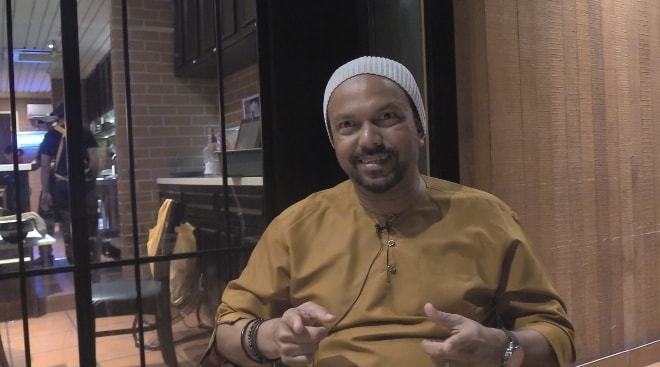
Azmyl Yunor
The next interview I conducted of the week was with Mr. Azmyl Yunor, a senior lecturer at Sunway University and independent singer-songwriter. It’s challenging to underestimate Azmyl’s humility, spiritedness, depth of knowledge, and artistic abilities. He has a double degree in journalism & film and TV, and he teaches a performing arts diploma & a digital film production degree. He thus wears a variety of hats - journalist, radio personality, lecturer, and musician, not to mention father. Azmyl’s maternal ancestors migrated to Malaysia from West Sumatra several generations ago, and his father is of Javanese heritage. Azyml’s household growing up was a moderate Muslim one. He studied religion with a particularly flexible and chilled out Indonesian ustad, especially with regards to the permissibility of music making and listening. Thus, unhampered by anti-music forces within or without his family, he was regularly busking and in a part-time band in college by age twenty, making noise and punk music galore.
Since his earliest days shaking up the underground music circuit in Kuala Lumpur, Azmyl has never faced any direct opposition by religious conservatives regarding his freedom to express himself musically. Azmyl told me that this is generally more so true of independent and underground musicians than mainstream musicians who are much more visible in the public eye. If a mainstream musician says something even vaguely blasphemous, it just as well could be the end of their popular music careers. Relatively high-profile Malaysian artists thus have to be relatively wary of offending the Islamic sensibilities of moderate and conservative Muslims alike. On the other hand, ironically, underground musicians who are officially Muslim (literally says “Muslim” on you identity card) are able to get away with all sorts of debauchery on stage, because the environments in which they generally play in are usually well out of the way of those religious conservatives who wish to cause problems. It seems to me that is true particularly, because the people who wish to make anti-music noises for the sake of bolstering their preferred religious ideologies are best served investing their time and energy in finding fault with the most popular artists of the day - the kinds of artists that most average Muslims in Malaysia would be aware of so that people actually know whom and what exactly they ought to be offended with rather than some random street punker that no one knows or cares about. Of course, I don’t mean to imply that all indie musicians in Malaysia fit the street punker description, though Azmyl makes a decent case for that identity (hehe, jk Azmyl). Coincidentally and interestingly enough, Azmyl tells me that some of the most head bobbing and metal thrashing punk musicians he’s met happen to be some of the most pious Muslim musicians he’s ever known.
Azmyl also shared with me that many mainstream musicians live rather premature professional musical lives, retiring rather soon from the music industry to become tools of the advertising machine of corporate Malaysia. All of this is to generalize that if you do not wish to become a short-lived artist highly scrutinized by religious conservatives who subsequently sells their soul to capitalism, go indie/undie (is that even the proper shortening for underground?). At any rate, Azmyl topped off our conversation with his concern that Malay Muslims are/have been losing their well-documented, historic sense of artistry and appreciation for culture. He described the initiation of this trend largely as a result of a moral panic that hit Malaysia in the 60’s and 70’s, which has been intensifying as of late. I didn’t really have the time learn from Azmyl all the gory details as to what this moral panic was all about, but he holds that there there is currently a need for a reclamation of tradition and culture among Malay Muslims to allow for a more vigorous engagement with the arts in Malaysia among generations to come in Malaysia.

Zaim Zaidee
The last informant to have graced my week was Zaim Zaidee, the unstoppable bassist for the awesome fusion band, Nadir. Equipped with a bachelors degree in engineering and a separate degree in mass communication, Zaim now works full time in music as a performer, teacher, and producer. He was born into a strictly practicing Muslim family and he attended religious schooling from a young age. Neither of this prevented the fact that Zaim’s father encouraged him to study music from a young age. However, once it was time to choose a career, Zaim’s father strongly preferred that Zaim join ranks with him as an engineer. After doing so briefly and later turning away from full-time work in engineering and advertisement, Zaim came together with his father to sort out what Zaim’s best career option could possibly be moving forth. I should mention that by this time, Zaim was already playing tons of gigs here and there as a part time musician. The contention thus revolved around taking this engagement to the next level and declaring music to be Zaim’s primary source of income. Thus, Zaim and his father agreed to do the umrah in Mecca in hopes of receiving a sign from Allah regarding the course of action Zaim ought to take. While siting down and resting for some time on umrah, Zaim and his father believe that sign came in the form of a “fair skinned Pakistani gentleman” whom neither Zaim nor his father knew. This man casually sat next asked Zaim, offered him some minyata (perfume), and asked him a simple question in broken English, “What do you do?” To this, Zaim replied that he wasn’t yet committed to anything, trying to figure things out and moving between jobs. To this, the stranger replied something along the lines of the following, “Whatever you do, always remember - jiahd.” Promptly after giving Zaim this advice, the man walked away into the distance.
Since that encounter, Zaim has kept to heart his promise to never let go of the concept of jihad in all that he does including full-time music making. It bears mention that jihad in the ears of most non-Muslims sounds like injustice or terrorism. In Islam, the term jihad is much more complicated than either of these things. In its most basic sense, jihad means struggle or to struggle. One’s personal jihad can thus be one’s inner struggle to remain a faithful, virtuous Muslim in constant worship of God and obedience to Him. In other use cases, jihad as meant holy war or an outward struggle, violent or not, against religious oppression or tyranny. Similar to the war waged on eternal agressors, every Muslim must figuratively wage war against his basest desires and Satan’s grasp more generally. Thus, committing to jihad as a Muslim muscian can mean many things on a personal level. It can entail not drinking or doing drugs at performance venues. It can entail not attempting to casually flirt or hookup with potential mates in such venues. It can entail being committed to observing the five daily prayers more or less at their prescribed times regardless of rehearsals or concerts. It entails representing the Islamic faith in a good light by the generosity and virtuousness of one’s personality. It can mean declining gigs and other opportunities which may be particularly irreligious. It can mean, limiting the kinds of music making that one is willing to contribute to on both musical and lyrical levels. For Zaim, being a pious Muslim and full-time musician often playing for younger crowds (i.e. below middle age) entails a combination of each of these things to varying degrees. At the end of the day, Zaim is totally killing it as a bassist, having won multiple national awards and being steeped in the music scene in Malaysia as a well-esteemed session musician and educator. Zaim faces no conflicting emotions or moral qualms about continuing to play in bars and being a devout Muslim. He told me that he goes behind “enemy lines” whenever playing in such environments, because he feels that if he doesn’t put himself out there as a member of the Muslim ummah, there may not be enough other pious Muslims willing to bring put themselves out there in the face of lesser committed Muslims and non-Muslims alike.
*Nadir’s guitarist, Farique Nadzir, was not able to make one of the band’s rehearsals that I shadowed, hence his absence in the photo gallery below.
Diary for Prasana
The last highlight of my week was attending a screening of the short film, “Diary For Prasana”, produced by Datuk Zaid Ibrahim and directed by Norhayati Kaprawi. Ms. Kaprawi is primarily a women’s rights activist, using documentary film and more recently animation as her media of choice for artistic work for change. Her latest film, “Diary For Prasana” features Ms. Indira Gandhi, a Hindu mother who has not seen her daughter Prasana in seven years, because her husband took Prasana away from Ms. Gandhi when she was only 11 months old. Without her consent, Ms. Gandhi’s husband converted himself and Prasana to Islam immediately after taking Prasana away from Ms. Gandhi. The process for converting Prasana to Islam did not involve much more than her taking the shahada as she was instructed to do, which is an Islamic creed declaring belief in Allah and the prophethood of Muhammad that converts must testify to before being accepted to the faith of Islam. The film thus addresses issues surrounding unilateral conversion and the rights of parents to choose their children’s religion. Check out the following podcast to learn more.
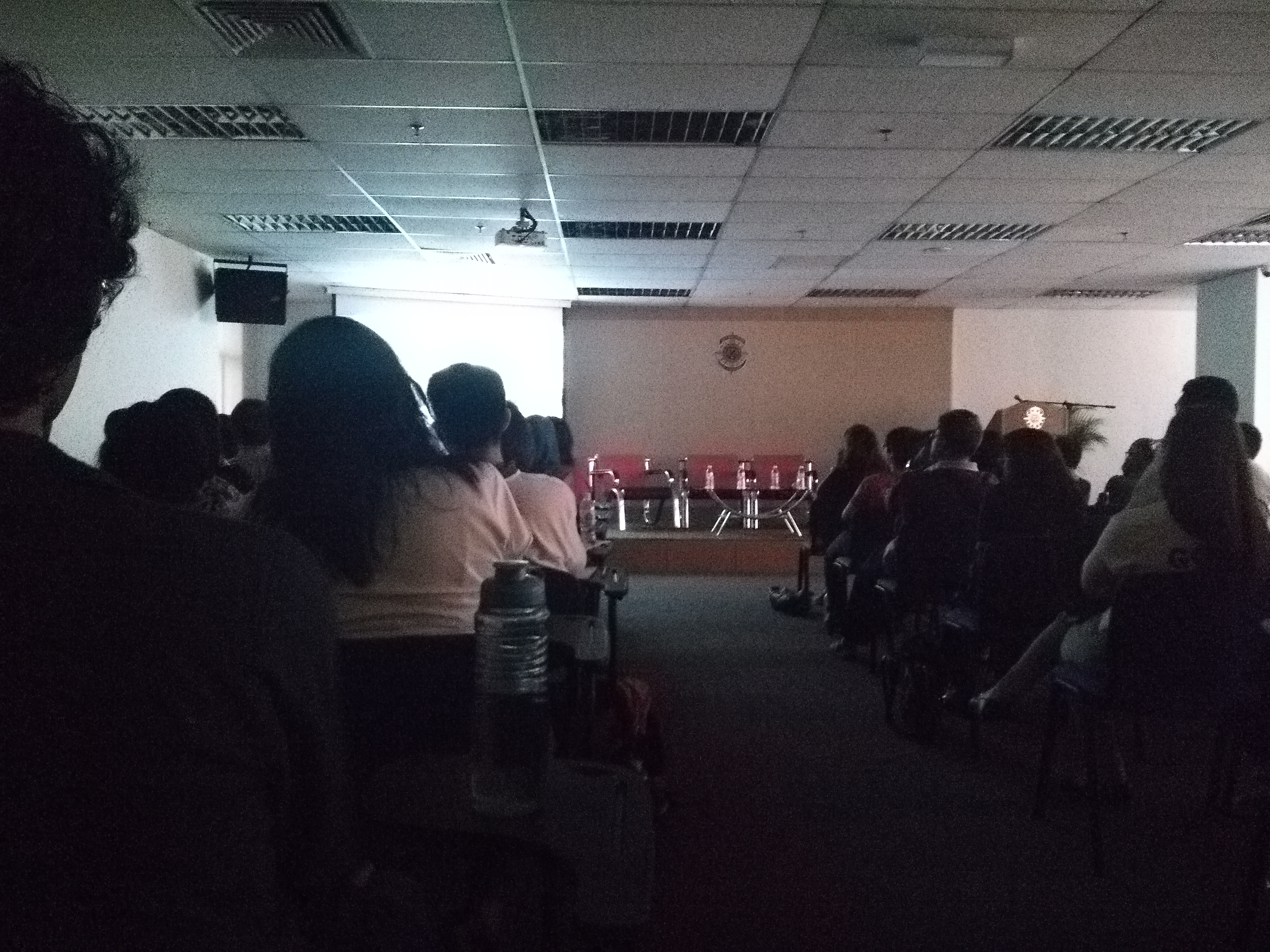
Tasty Treats in Malaysia: Part 1
If the diversity and availability of foods at anytime of day/night is any indicator of a country’s awesomeness, I must say that Malaysia is a pretty awesome country. I’ve had tandoori chicken, laksa, idli, and nasi lemak all in a single week. Kuala Lumpur is particularly loved by locals, because of the simple fact that one can get all of these foods and much, much more virtually all the time. Whatever your craving and whenever you crave it, there’s likely a mom ‘n pop restaurant that’s open and that’s got it.
